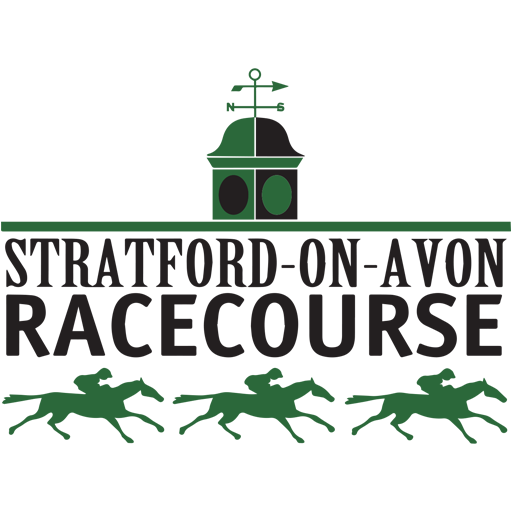The summer Jumps campaign has long been characterized by Irish forays to Perth, taking advantage of the crossing from Stranraer to Larne. Notable among these invaders is Gordon Elliott, who sends more runners to Perth than any track bar Cheltenham. With 8 winners in the current calendar at Perth already, he is the leading trainer there by a country mile.
Sending runners to Perth has been a convenience for Ireland’s second largest trainer, no more difficult than sending a lorry to Sligo. But until recently, he’s been an outlier in despatching regular runners to small time British fixtures. This summer, however, that trend that Elliott began seems to be accelerating, and Perth is no longer the only destination.
The superior quality of Irish Jumping stock at the elite level has been a hot topic for some years, re-ignited with each big race winner plundered by an Irish stable. Time was when Irish horses visited for just the major meetings, but such is their prevalence nowadays, and such is their volume compared to the Irish Jumps fixture list, that more and more trainers are getting on the boat.
Yesterday, Elliott spread his wings to take in a winner at Uttoxeter, whilst last week, there was success for Emmet Mullins and Cian Michael Collins at Cartmel, which has rarely seen runners from the top British yards, never mind abroad, before now. Shark Hanlon fielded a bumper winner at Worcester earlier in the week, and runs three tomorrow night with us. John McConnell had a double at Cartmel last month.
Of 285 races run in May, just 3 were won by Irish trainers. Contrast this with June, when 14 of 207 races were plundered by Ireland.
The Irish have always been an adventurous nation, needing to trade to survive on the periphery of Europe. But this modern phenomenon speaks of different origins. There is simply not enough Jump racing at this time of year to satisfy the volume of Irish jump horses, and frankly, the level of competition over here is less than they might meet at home. When at least one race each card is won by the Closutton team, the pickings are meagre for others.
Running horses in the UK then is as much a displacement process as a new venture; Irish trainers marginalized by the concentration of power in few hands back at home are having to take advantage of more frequent racing in the UK, even if that means higher travel costs. But the losers in this are small British trainers outpointed by their Irish counterparts, who will only travel further afield if confident of paying their way.
The globalization of racing is not a topic for debate in a sport as essentially parochial as jump racing, but there is every indication that Irish trainers in particular are exploring every means to win races anywhere.
Have horsebox, will travel seems to be a admirable moniker, even in these times of sustainable travel.
